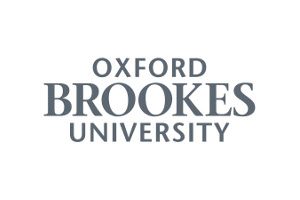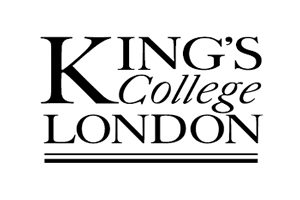Joseph Johnson
(b. Nov. 15, 1738, Everton, Liverpool, Merseyside – d. Dec. 20, 1809, 72 St Paul's Churchyard, City of London )
Gender: M
Joseph Johnson (1738-1809) was an important London bookseller and publisher. He came from a Baptist family in Liverpool, and continued to be a Dissenter. He established his publishing business in the 1760s, and became known for publishing the works of radical thinkers such as William Godwin, Thomas Malthus, and Priscilla Wakefield, as well as religious dissenters such as Joseph Priestley, Anna Laetitia Barbauld and George Walker. He was a strong supporter of women writers, and acted as mentor to Mary Wollstonecraft, whom he rescued from poverty by giving her a place to live and retaining her to produce translations and book reviews. He also employed the young William Blake to produce engravings. In the 1790s, he established a journal, the Analytical Review, that offered a platform for radical thinkers and supporters of the French Revolution. His house became a centre for reform-minded people to meet. In 1791 Johnson undertook to print Thomas Paine’s Rights of Man, but withdrew under government pressure. In 1799, he was indicted on charges of seditious libel for publishing a pamphlet by the Unitarian minister Gilbert Wakefield, and despite the efforts of his lawyer Thomas Erskine, he spent six months in prison. In 1777, Johnson produced a pocket-book, or diary, that included an engraving of Richard Samuel’s painting The Nine Muses of Great Britain, representing Elizabeth Montagu, Elizabeth Carter, Hannah More, Angelica Kauffman, Catharine Macaulay, Elizabeth Griffith, Charlotte Lennox, Anna Barbauld and Elizabeth Sheridan. The painting itself was not exhibited at the Royal Academy until 1779 (see Carter to Montagu 23rd November 1777).
Also known as:
- Joseph Johnson
Mentioned in 1 letters
| Title | EMCO ID |
|---|---|
| Letter from Elizabeth Montagu to Elizabeth Carter | 3271 |
No transcribed letters| show both transcribed and un-transcribed letters in results
Please note that all dates and location information are provisional, initially taken from the library and archive catalogues. As our section editors continue to work through the material we will update our database and the changes will be reflected across the edition.
Browser support: The website works best using the Chrome, Edge, and Firefox browsers on the PC, and only Chrome and Firefox on the Mac.




